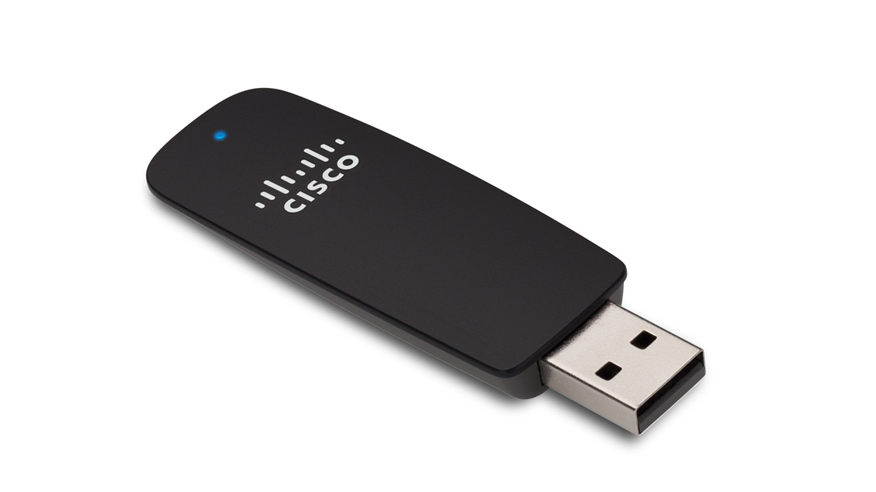
This then gives you a printer with all the nifty postscript features, and if you print to Encapsulated mode seems to play nicely with Ghostview. Install printer driver "HP Universal Printing PS (v6.2.1)".Local printer or network printer with manual settings.Install this driver, and when it prompts you select HP Universal Print Driver for Windows PostScript (64-bit) 6.6 In Save Print Output As dialog, select location and.
#Microsoft print to file driver pdf#
You can download drivers for windows 10 specifically, and in the driver listing there is: In Print Settings dialog, select Microsoft Print to PDF as printer, and click on Print button. This is what I did my side and it seems to have worked!īasically, windows 10 stopped supporting PCL5 according to this:īut if you install the "HP universal driver for windows" from here:
#Microsoft print to file driver how to#
Ran into the same problem you did on windows 10 as I couldn't work out how to print EPS files. Late to the party this side but thought I would add in my solution in case anyone still needs it. Failing that, how can I print to EPS files in Windows 10?.Is there a postscript driver that will allow me to access postscript properties in Windows 10?.I think the reason is that the file is not a valid EPS file. They do produce files, but when I insert them in a LaTeX document the figure doesn't show correctly, or GSView gives errors when displaying the document. I have tried many drivers and none of them seems to offer postscript properties. My problem is that in Windows 10 I can't do step 3. I used for example Word to draw the figure, generate the EPS file, and it could be succesfully inserted with \includegraphics. After the file was printed, I needed to "convert to EPS" and set bounding box with the GSView program.Īfter step 4, the EPS file could be succesfully inserted as a figure in a LaTeX document.Accessed the driver's postscript properties and set it to produce EPS files.




 0 kommentar(er)
0 kommentar(er)
